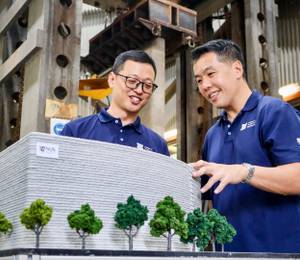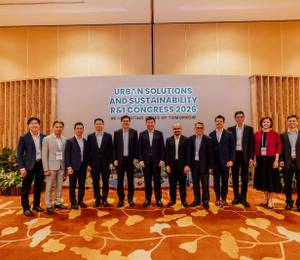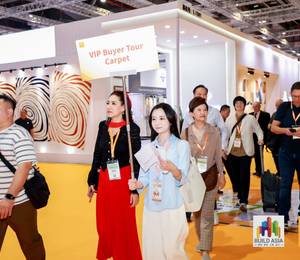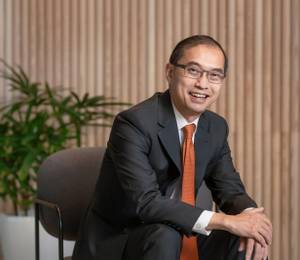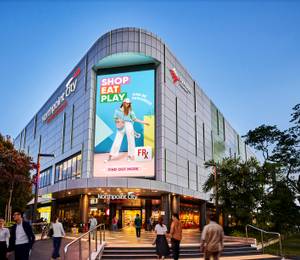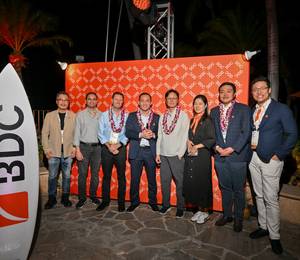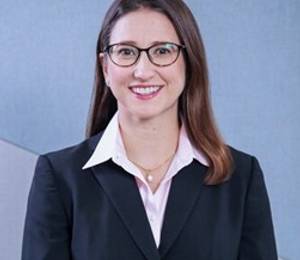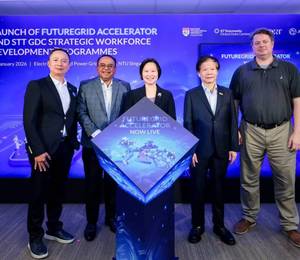Singapore – During the opening ceremony of the International Built Environment Week (IBEW) 2022 on 6 September 2022 at Marina Bay Sands, Mr Desmond Lee, Minister for National Development and Minister-in-charge of Social Services Integration, announced a refreshed Built Environment Industry Transformation Map.
The Construction ITM and Real Estate (Facilities Management) ITM, previously launched as two separate ITMs in 2017 and 2018 respectively, have been amalgamated into one Built Environment ITM to transform the Built Environment (BE) sector through the three key stages of a building’s life cycle - from planning and design, construction, to operations and maintenance.
“Building on the progress of the ongoing transformation, the Built Environment ITM is a timely refresh, as it recognises the need for greater collaboration amongst BE stakeholders as well as the shifts that have been made in technological advancements, sustainability efforts and longer-term structural trends,” said Mr Liam Wee Sin, Future Economy Council (FEC) Urban Systems (US) Cluster Co-Chair.
Integrated Planning and Design (IPD) to foster greater collaboration
One of the key transformation areas is on Integrated Planning and Design (IPD), where stronger collaboration across the building life cycle can optimise resources. This will build on our existing efforts for Integrated Digital Delivery (IDD), which allows project stakeholders to collaborate with one another through digital platforms. Design considerations for the building’s entire life cycle, including Facilities Management (FM), are factored in at the design stage, enabled by digitalisation, Common Data Environment (CDE) standards and progressive procurement.
Under the refreshed BE ITM, BCA expects to increase the IDD adoption rate by Gross Floor Area (GFA) for new developments from 34 percent today to 70 percent by 2025. The BE ITM also encourages the industry to move towards collaborative contracting where contracting parties, including the builder and facilities management firm, work together towards shared project goals at the start of the project. Seven Government Procuring Agencies have identified nine upcoming projects to pilot collaborative contracting. Contract Management consultants such as Turner & Townsend, WT Partnership, AECOM and Threesixty are also supporting this effort by providing advisory services to private sector clients.
Advanced Manufacturing and Assembly (AMA) to increase use of automation
The second key transformation area is through Advanced Manufacturing and Assembly (AMA), to enhance the efficiency of the supply chain and construction process by mainstreaming Design for Manufacturing and Assembly (DfMA). This has helped firms reduce their reliance on foreign manpower and raise productivity. Moving forward, BCA targets to increase the DfMA adoption rate by GFA from 44 percent today to 70 percent by 2025. Under AMA, more off-site production will be done in a factory environment with greater adoption of automation. By improving the quality of work and working environments, including at the construction site, the industry hopes to attract and retain talent in the sector. The shift from a project-based building approach to a modular, product-based one also enables industry firms to reap greater economies of scale.
At the same time, BCA is also working with stakeholders to establish new Integrated Construction Parks (ICPs) across Singapore. In ICPs, construction facilities such as aggregate terminals, aggregate storage yards, Ready-Mix Concrete (RMC) batching plants and precast plants will be co-located for greater synergy across the entire supply chain. The first ICP in Jurong Port will progressively begin its operations later this year.
Sustainable Urban Systems (SUS) to accelerate decarbonisation efforts
The third key transformation area, Sustainable Urban Systems (SUS), will facilitate the ramping up of decarbonisation efforts in the industry for a more sustainable and liveable Built Environment. SUS aims to achieve low emissions buildings and districts with efficient building management enabled by Integrated, Aggregated and Smart FM.
Under SUS, BCA will continue with existing efforts to meet its “80-80-80 in 2030” targets set under the latest edition of the Singapore Green Building Masterplan. BCA will also aim for a more ambitious target of 80 percent of public buildings adopting Smart FM by 2030, and set a new target for 40 percent of private buildings by GFA to adopt Smart FM by 2030. Announced earlier this year, the $30 million Integrated Facilities Management (IFM) and Aggregated Facilities Management (AFM) Grant for firms which wish to adopt IFM/AFM will be open for applications from 6 September 2022. To date, about 10 companies have expressed interest in applying for the grant.
Inaugural Built Environment Transformation Award
Lastly, in recognition of projects that have embodied the transformation goals of the ITM, the newly launched Built Environment Transformation Award recognises firms and industry practitioners who have honed their capabilities to build projects that exemplify productivity, digitalisation and sustainability. This year’s winners include The Tapestry, PSA Liveable City, Eunoia Junior College as well as JTC’s 1 and 7 North Coast developments in Woodlands North Coast.
